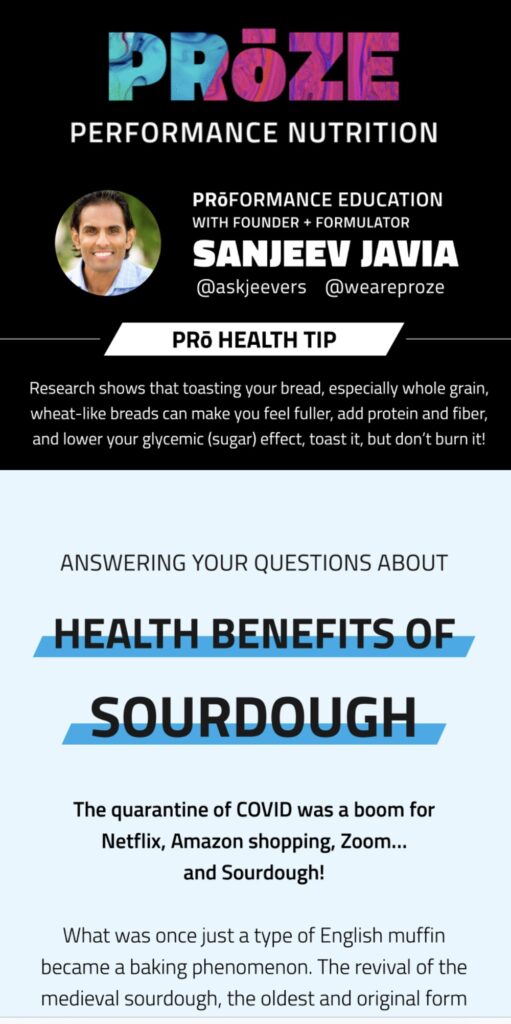Life itself is stressful. Reports from reputable organizations confirm that stress levels increase during the holiday seasons. In addition, the seasonal changes lead to shorter days, more gray weather, and less sunshine leading to seasonal affective disorder.
Feeling stress IS natural. Yoga, breathing exercises, consistent exercise, meditation and optimized sleep can help combat these feelings of anxiety. However, when anxiety becomes a problem that is affecting your life in multiple ways, it can become a disorder that may require treatment. The NIH and CDC report that over one third of people in the U.S. deal with anxiety disorders in their lifetime. The numbers are even higher among adolescents and young adults.
Traditional pharmaceuticals treatments include anxiolytics and antidepressants like Lexapro. Many of these medications have unpleasant side effects and patients become dependent or addicted to them. This has led to one of the gravest issues in America today- the opioid crisis.
The opioid crisis has become an epidemic in America resulting in over 130 deaths every day. Mixing opioids and alcohol has become a dangerous mixture that has resulted in many deaths- including 4 that I have personally known. Many times, the result of an addiction has come not from individuals seeking drugs, but instead being prescribed pain medications for a procedure they have undergone.
Qualified therapists do the difficult job of managing depression and anxiety as best they can. Talk therapy and monitored use of these medications are the standard, however, both have mixed results when patients are already addicted to these medications.
So can another substance, a natural substance, actually be used to help improve the symptoms of stress and anxiety? CBD. CBD has been used around the world since the 1500s helping support the Endocannabinoid system to treat anxiety and depression. However, little CBD research has been done in the US because of its association to marijuana. Hemp-plant derived CBD has been “lumped in” with THC (the psychoactive compound in the marijuana plant). Hemp based CBD can have trace amounts of THC, but can also be isolated to where it has no THC. Nonetheless, because of its overall association to marijuana, clinical research is just starting. There are several studies of note that would be relevant to our discussion of CBD as an asset that supports the Endocannabinoid System in the battle against anxiety and stress.
An activity that is known to cause anxiety and stress is public speaking. Measuring the amount of anxiety that is produced in an individual is relatively straightforward. Studies have shown that CBD, given prior to the public speaking event, reduces the subjective feeling of anxiety and increases speech performance. The Journal of Neurophyschopharmacology in 2011 published a study showing how anxiety was affected when taking CBD and a placebo.Those who took CBD showed a significant reduction in anxiety and a significant improvement in performance over those who took a placebo. This finding was validated by another study which looked at brain imaging along with objective measurements. The same conclusions were published: pretreatment with CBD, increased performance, decreased anxiety and decreased discomfort and was as effective as pharmaceuticals commonly used to treat this issue like Diazepam.
Animal studies have also shown that CBD can actually improve the brain anatomy in stressed mice. The reduction in anxiety in the animal model is consistent among multiple animal studies. The fear response is a very important survival adaptation. When this response becomes exaggerated or as an inappropriate response to normal activities, anxiety ensues. Animal studies, preclinical evidence, supports the use of CBD as an acute treatment of General Anxiety Disorder (GAD), Social Anxiety Disorder (SAD), OCD, and PTSD.
While more research is being done on how the Endocannabinoid System plays a role as the body’s homeostatic regulator. What we do know is that it functions to keep us “smooth”. The system is the natural regulator of many of the most important functions in our bodies ( sleep, appetite, pain, attention and focus, inflammation, etc.) and has receptors for its unique neurotransmitters, anandamide being the most important. Our body produces anandamide, a cannabinoid. CBD is called a phytocannabinoid because it is produced in plants. There are over 100 different phytocannabinoids with different properties.CBD does not actually bind to the CB1 or CB2 receptors but actually functions to modulate anandamide. These receptors are located throughout our nervous system and brain.
All in all, what an amazing opportunity. A natural, plant based compound that has a excellent safety profile and is not addictive. This compound has the potential to benefit people dealing with stress and anxiety, the most common psychiatric issue we face today.
Any blog content is based on our research and opinions and does not claim professional accuracy. The information and products contained on this website have not been evaluated by the FDA and are not intended to diagnose, treat, or cure any disease. You are advised to consult with your health care provider prior to use.
Sources:
-
-
-
-
- https://www.nimh.nih.gov/health/statistics/any-anxiety-disorder.shtml
- https://www.ncbi.nlm.nih.gov/pmc/articles/PMC5938896/
- https://www.ncbi.nlm.nih.gov/pubmed/21307846
- https://www.ncbi.nlm.nih.gov/pmc/articles/PMC4604171/




